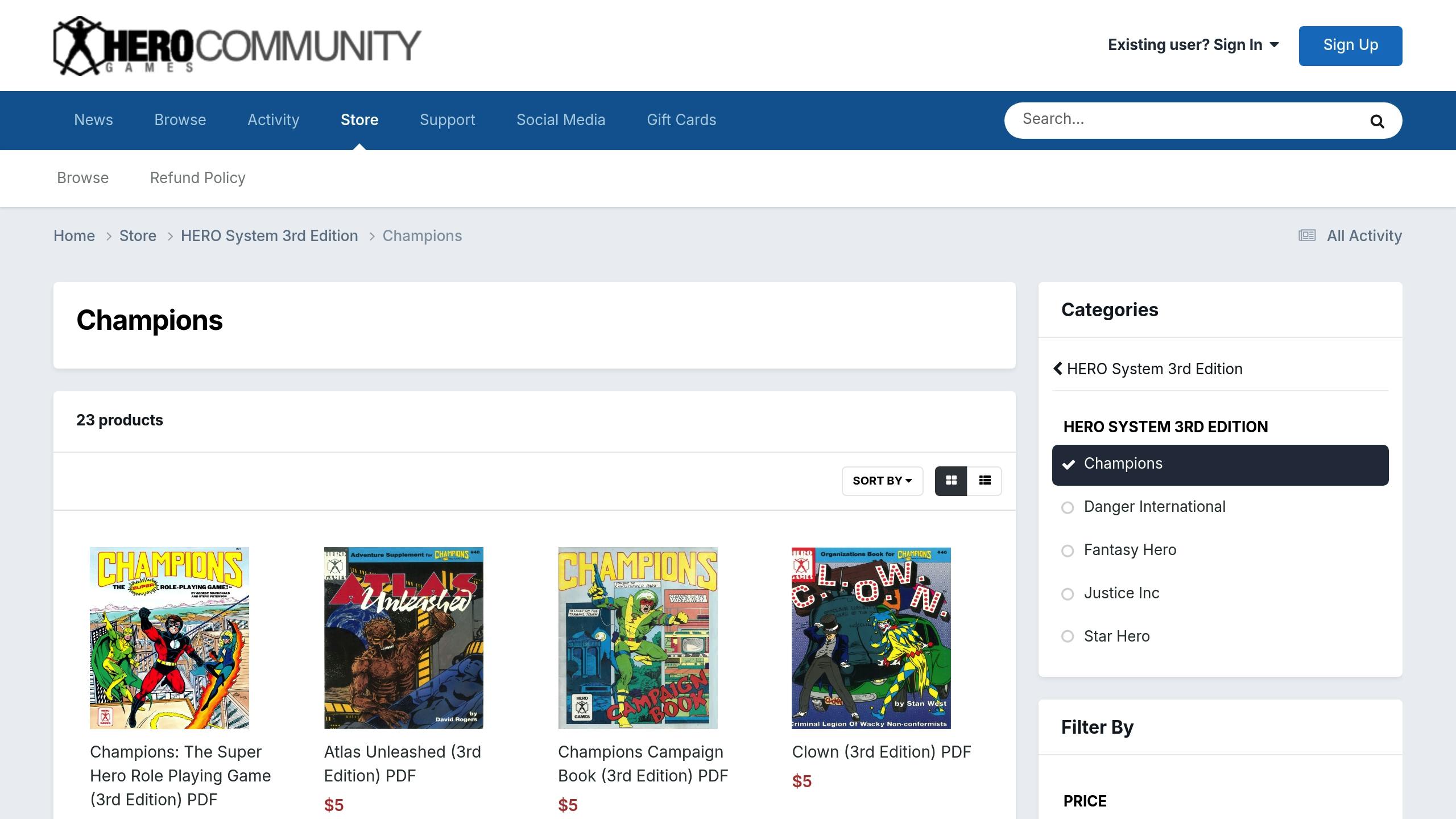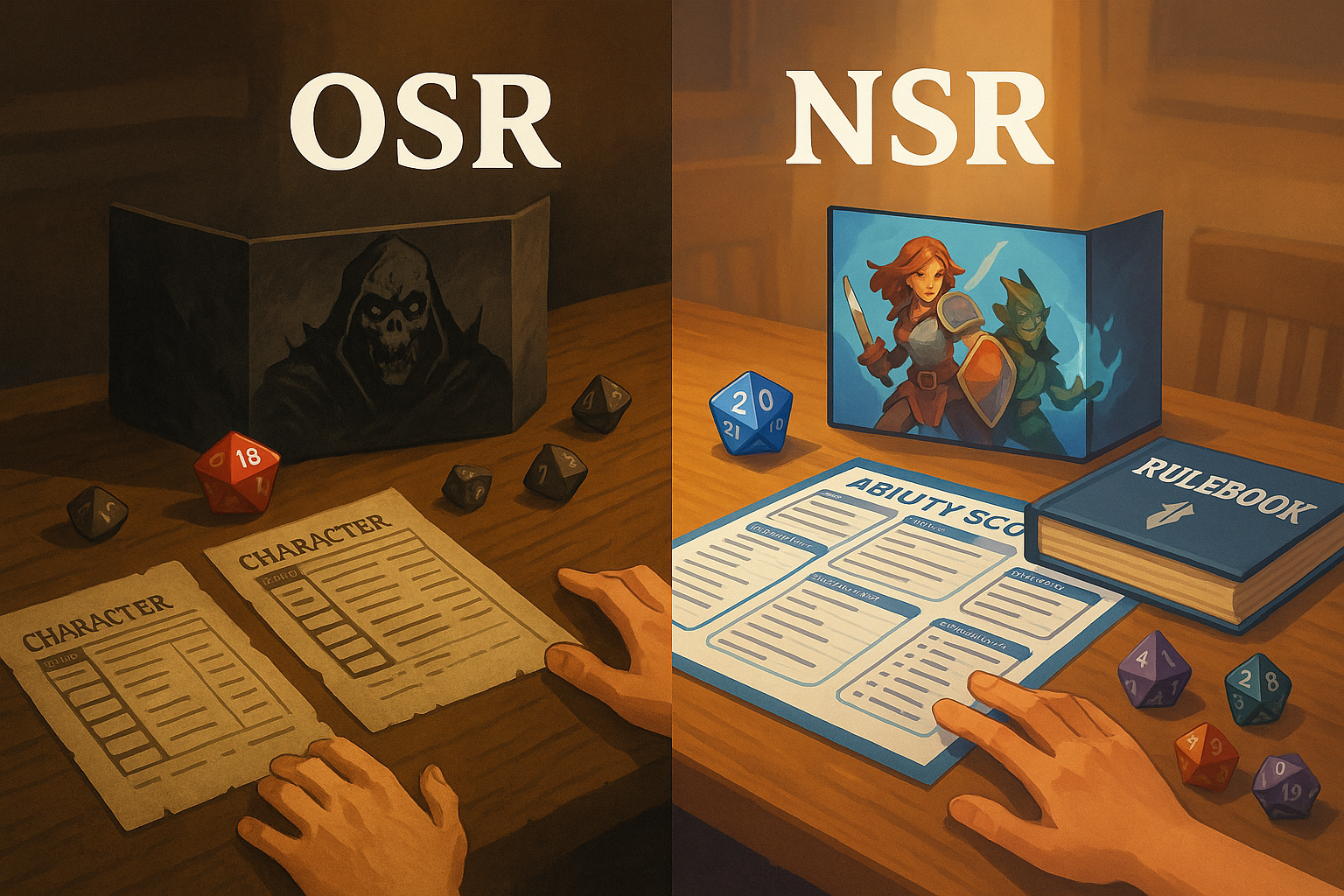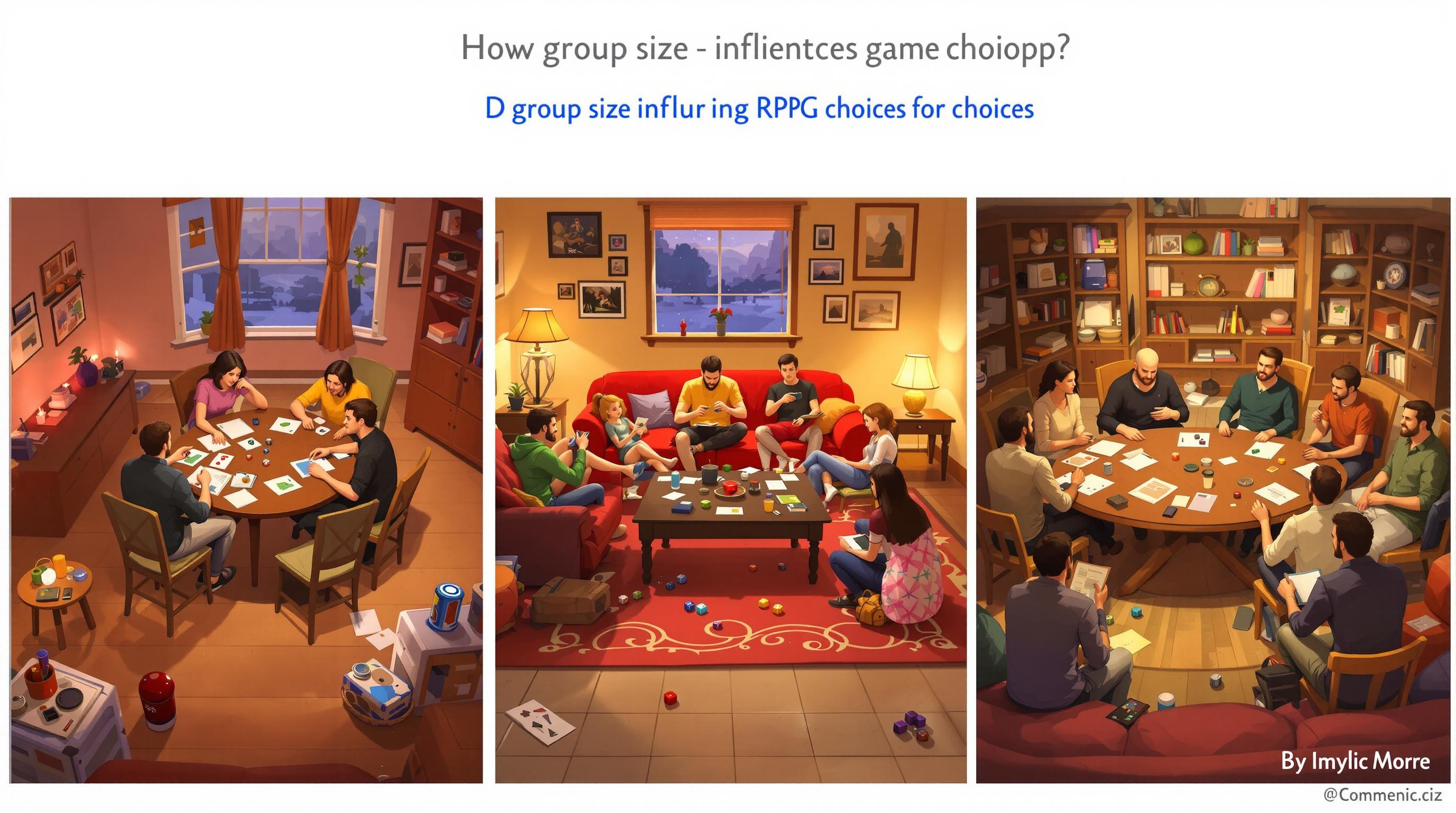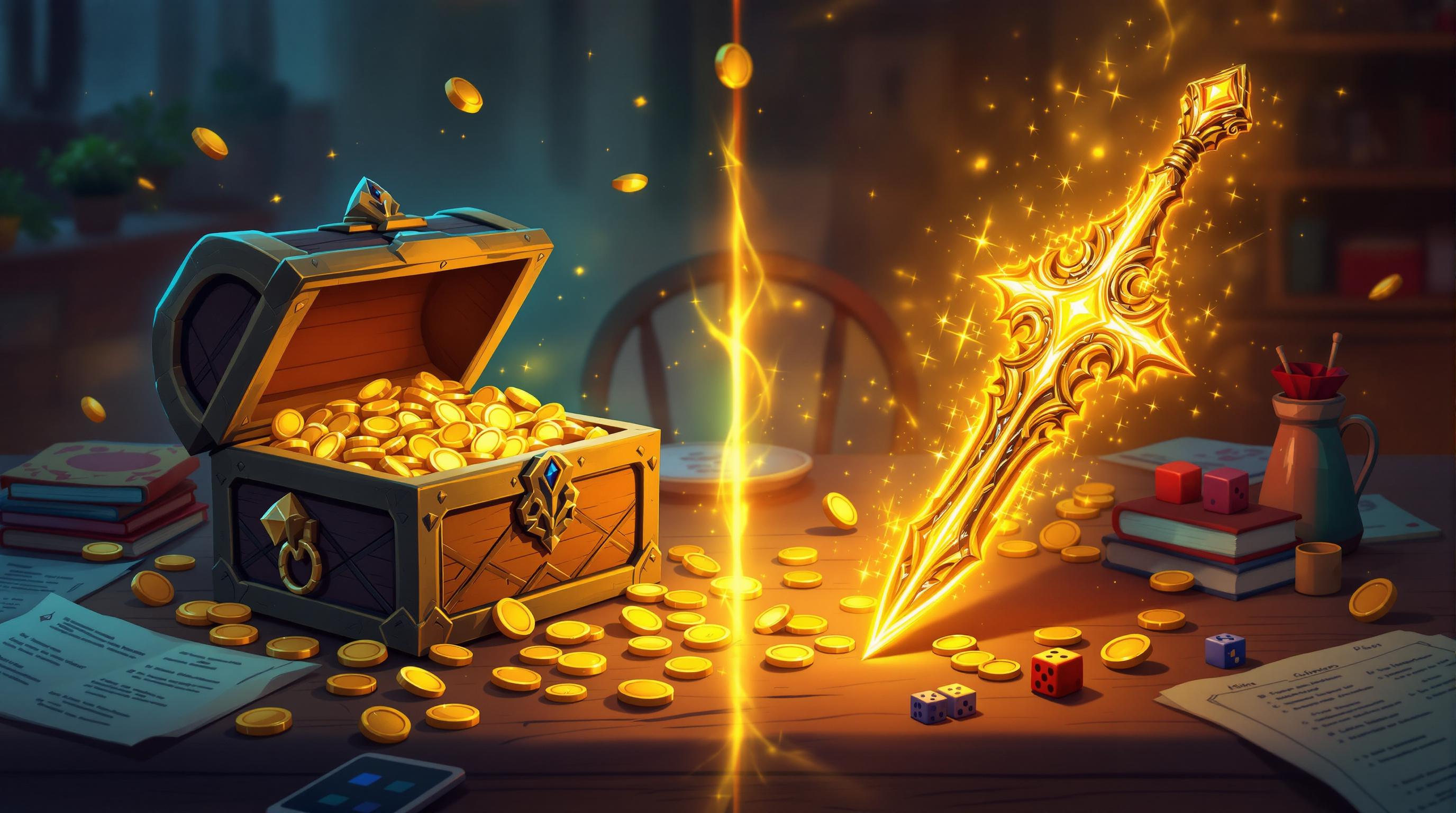Superhero RPGs use XP systems to help characters grow while keeping the game balanced. Unlike fantasy RPGs, superhero games often rely on point-based systems for progression. Here's a quick breakdown of how different systems handle XP:
- Champions: Uses a structured point-buy system for gradual power upgrades. Players earn Character Points to enhance abilities or save for bigger changes.
- Marvel Heroic Roleplaying: Focuses on narrative growth with Milestones, rewarding XP for story-driven actions rather than mechanical upgrades.
- Masks: A New Generation: Prioritizes emotional and character-driven growth using dynamic Labels that shift based on gameplay interactions.
Quick Comparison
| System Feature | Champions | Marvel Heroic | Masks |
|---|---|---|---|
| Core Mechanic | Point-buy XP | Milestone-based | Label shifts |
| Progress Focus | Power improvement | Narrative growth | Emotional evolution |
| Character Control | High customization | Shared storytelling | Story-driven |
| Advancement Speed | Gradual | Scene-based | Dynamic |
Each system caters to different playstyles: Champions excels in detailed mechanics, Marvel Heroic emphasizes collaborative storytelling, and Masks focuses on emotional depth. Choose the one that best fits your campaign's goals.
Marvel Heroic Roleplaying Basic Tutorial
1. Champions

The Champions system uses a point-based progression model called Character Points, which balances leveling up heroes with the freedom to develop their abilities.
Gamemasters award 1 Character Point after each session, with bonus points granted for tackling major challenges. For example, defeating a powerful supervillain or stopping a large-scale threat might earn the group an extra point .
Players can use these points between adventures to gradually enhance traits, save them for bigger upgrades, or hold onto them until the campaign's power level increases by +1 - this happens after earning an additional 15 points .
The game also integrates character flaws, adding both mechanical benefits and narrative depth.
While the system allows for detailed customization, it requires players to carefully track their points. Points remain fixed unless altered by specific effects, encouraging strategic decision-making . This attention to detail makes it stand out compared to other superhero RPGs with different XP systems.
2. Marvel Heroic Roleplaying
Marvel Heroic Roleplaying (MHR) takes a fresh approach to character development, moving away from traditional XP systems. Instead of focusing on leveling up, MHR emphasizes narrative growth and character arcs through what it calls "sideways development." At the heart of this system is its XP economy, which ties progression directly to storytelling.
The main driver of advancement in MHR is Milestones - personal story arcs that shape a character's journey during the game. These Milestones reward players with XP for actions that add tension, deepen their character, or move the story forward . They also help maintain each hero's core traits. For example, Captain America’s Milestones might center on mentoring teammates or leading groups, ensuring he stays true to his iconic role .
Here’s a breakdown of how XP is earned in MHR:
| XP Source | Reward | Trigger Condition |
|---|---|---|
| Doom Pool | 1 XP | When a d12 is rolled against characters |
| Scene End | 2 XP | When the Watcher spends 2 d12 from the Doom Pool |
| Milestones | Variable | Based on character-specific narrative achievements |
Unlike systems like Champions, which rely on point-based progression, MHR provides event-specific bonuses instead of long-term mechanical growth . This approach mirrors the structure of comic book storytelling, focusing on dramatic moments and narrative evolution rather than incremental power increases.
Some gaming groups tweak the system by converting Milestone rewards into Plot Points, which puts more emphasis on immediate storytelling rather than XP accumulation . MHR shines especially during official events inspired by Marvel Comics storylines. Its narrative-driven mechanics encourage characters to evolve naturally, staying true to the dramatic arcs seen in comic books.
sbb-itb-b8b00a5
3. Masks: A New Generation

Masks moves away from traditional numeric XP systems, opting instead for progression rooted in storytelling. This approach focuses on how characters grow emotionally and evolve through their experiences.
Instead of static stats, Masks uses Labels - Danger, Freak, Savior, Superior, and Mundane - that change based on gameplay interactions . These Labels reflect how characters see themselves, making emotional growth the centerpiece of development rather than power increases.
Here’s a breakdown of the key mechanics:
| Mechanic | Function | Impact |
|---|---|---|
| Influence | Characters shape others' self-view | Causes shifts in Labels |
| Conditions | Emotional states (e.g., Afraid) | Drives story direction and choices |
| Labels | Represent self-perception | Adjust dynamically through events |
Rather than focusing on accumulating points, Masks ties progression to how characters adapt and change emotionally. Superpowers are treated as narrative tools rather than rigid stats, allowing their impact to vary based on the story .
For example, during a beta session, a character under the "Afraid" condition avoided a confrontation. Instead of being penalized with lost XP, this choice deepened their emotional journey and added complexity to the story . This design highlights Masks' focus on emotional depth and character-driven storytelling over traditional mechanics.
System Comparison
This section offers a side-by-side look at the mechanics of the three systems discussed earlier. Here's a quick comparison of their key features:
| System Feature | Champions | Marvel Heroic | Masks |
|---|---|---|---|
| Core Mechanic | Point-buy XP | Milestone-based | Label shifts |
| Progress Focus | Power improvement | Scene participation | Emotional growth |
| Character Control | High customization | Shared narrative | Story-driven |
| Advancement Speed | Gradual | Scene-by-scene | Dynamic |
This table highlights how each system's design caters to different playstyles and preferences.
"Whether it's been old DC and Marvel systems, Mutants and Masterminds, or any of the other systems I've come across, XP based advancement of characters is always a square peg trying to fit into a round hole in superhero games."
– PeterMBall
Marvel Heroic Roleplaying stands out by blending mechanical progression with narrative achievements, allowing characters to grow organically through the story. Masks shifts the focus to character evolution driven by emotional changes, offering a fresh take on progression.
Here’s how the systems differ in their approach:
- Champions: Offers a structured, step-by-step progression system with clearly defined point costs.
- Marvel Heroic: Encourages character growth through milestone achievements tied to story participation.
- Masks: Focuses on dynamic development, where characters evolve based on emotional and narrative shifts.
Ray Greer shares his perspective on modern game design:
"I really had a fine time with the playtest. It offers a really interesting balance between flexibility and customization for character creation. And it is rich in detail without feeling like a miniatures game for combat. The highest compliment I can pay is that if we were designing Champions today, there are several ideas I'd have liked to steal wholesale."
Each system shines in its own way: Champions is ideal for players who enjoy mastering detailed mechanics, Marvel Heroic thrives in groups that emphasize collaborative storytelling, and Masks is perfect for campaigns focusing on personal and emotional growth.
Recommendations
Pick the XP system that best suits your superhero campaign's style and goals:
If your focus is on collaborative storytelling and dynamic character growth, a narrative-driven system is a great fit. For example, Marvel Heroic Roleplaying uses a milestone system that rewards heroic actions and cinematic character development. Similarly, Truth & Justice prioritizes narrative evolution over complex mechanics, making character creation streamlined and story-focused.
"Rarely is a mechanic so simple and elegant at emulating another medium... Truth & Justice is nearly perfect at the narrative form of comics." - Ross Winn
"This seems to be the perfect setup for a Hero game, simple character generation focusing on what the character can do, instead of points or die rolling to make the character...focuses on ACTUAL roleplaying and storytelling, not just rolling handfuls of dice and min/maxing your character." - Sean
On the other hand, if your campaign leans toward tactical play or shorter sessions, point-buy systems like Champions are a strong option. These systems excel at detailed mechanics but can create balance challenges in longer campaigns.
When choosing, also consider these factors:
- Campaign length: Point-buy systems may lead to imbalances over time.
- Character progression: Milestone-based systems tie character growth to the story, keeping the superhero feel intact.
- Flexibility: Games like Prowlers & Paragons Ultimate Edition allow for more creative freedom in gameplay.
"The highly narrative nature of the game lends more to the idea of playing a character out of a comic book than any other system I've tried." - John


